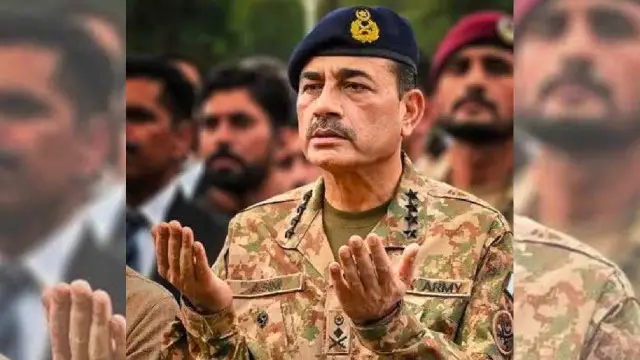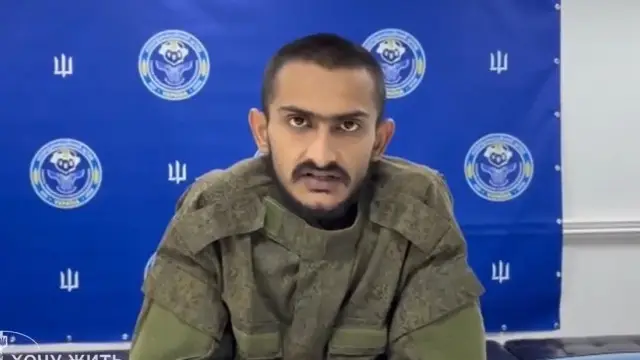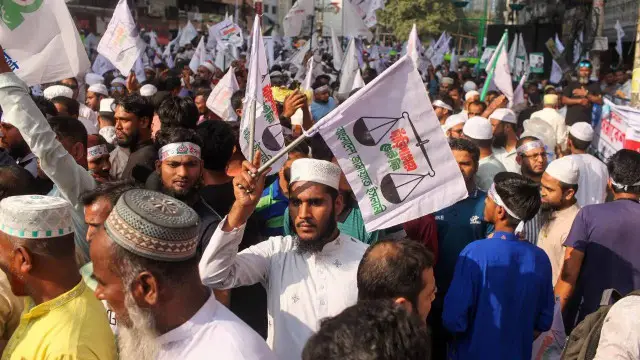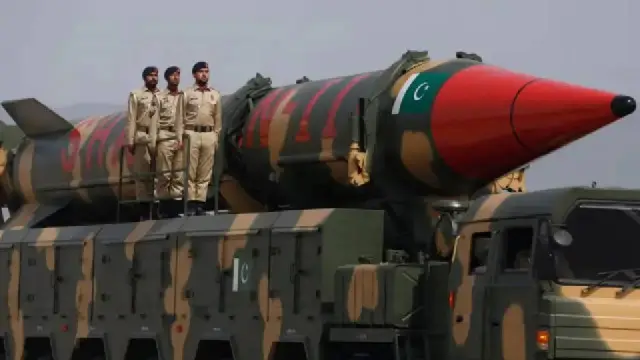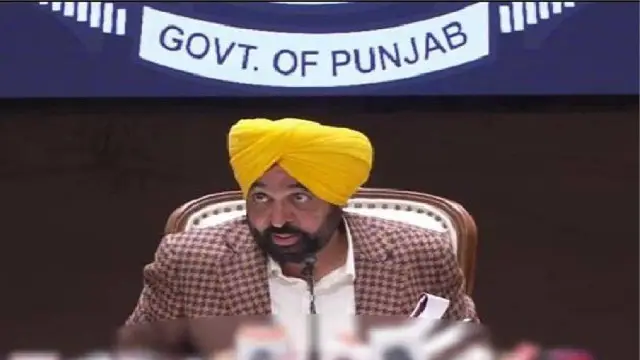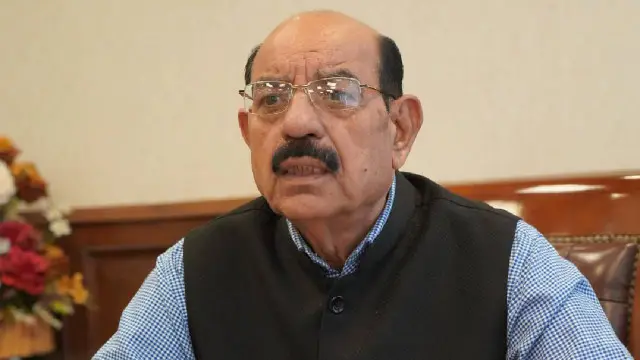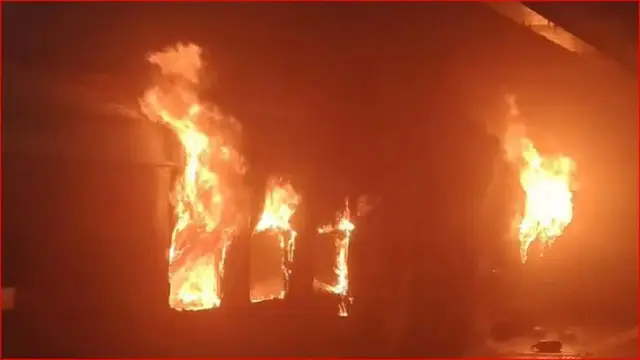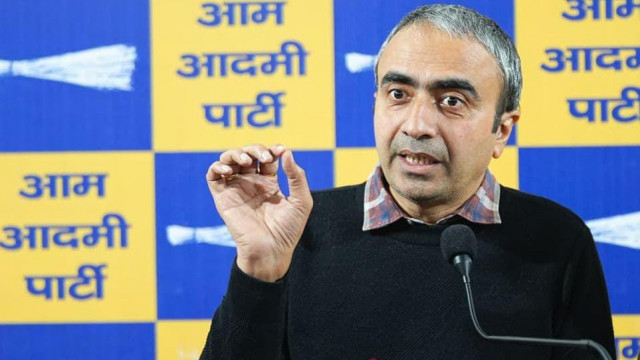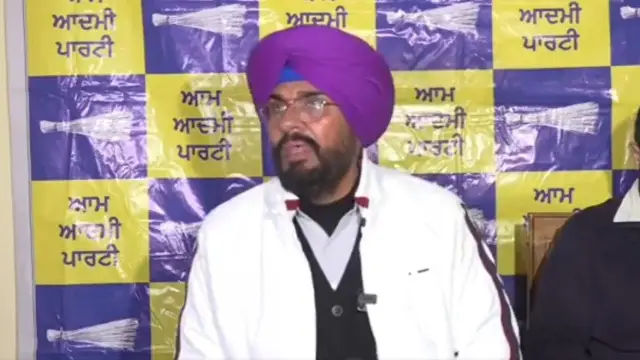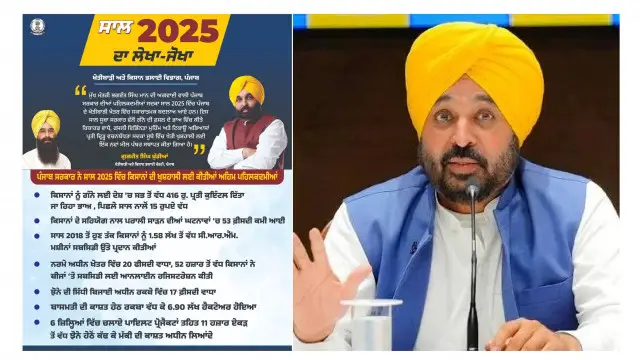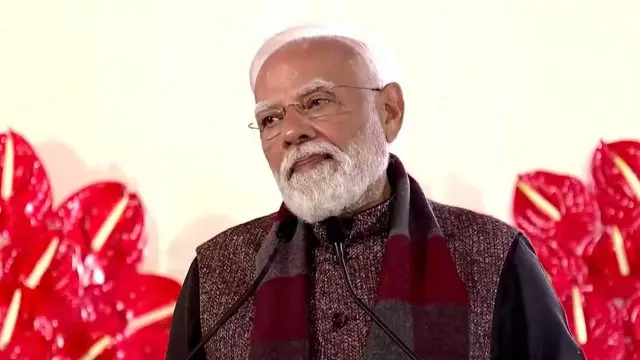Strengthening commitments: UNSC CTC takes major steps forward with algeria guiding principles
These are the non-binding guiding principles for member states on preventing, detecting and disrupting the use of new and emerging financial technologies for terrorist purposes

The UN Security Council's Counter-Terrorism Committee has agreed on guiding principles for preventing and detecting the use of new and emerging financial technologies for terrorist purposes, taking forward commitments made by the UN body on combatting terrorism during India's tenure in the Council. Earlier this month, the Counter-Terrorism Committee (CTC), under the chairship of Algeria, agreed upon the "Algeria Guiding Principles."
Building on Previous Guidelines
Sources said this comes on the back of the Abu Dhabi Guiding Principles, a set of guidelines adopted by the UNSC CTC. The principles address the use of unmanned aircraft systems (UAS) for terrorist purposes agreed upon in December 2023. These are the non-binding guiding principles for member states on preventing, detecting, and disrupting the use of new and emerging financial technologies for terrorist purposes.
Importance of the Algeria Guiding Principles
Sources added that these guiding principles assume significance as they have been prepared taking forward the commitments made by the Security Council in its Delhi Declaration on countering the use of new and emerging technologies for terrorist purposes in October 2022. In October 2022, the Security Council Counter-Terrorism Committee (CTC), chaired by India that year, organized a special meeting in New Delhi and Mumbai on the overarching theme of countering the use of new and emerging technologies for terrorist purposes.
Outcomes from India's Chairmanship
As an outcome of the special meeting, the Committee adopted the Delhi Declaration on countering the use of new and emerging technologies for terrorist purposes. India, during its 2021-22 tenure as a non-permanent member of the UN Security Council, had assumed the chair of the CTC in 2022. The meeting of UNSC CTC took place on October 28 in Hotel Taj Mahal Palace in Mumbai, the site of the horrific 26/11 Mumbai attacks and in Delhi on October 29, where the Delhi Declaration was agreed upon.
Continued Commitment to Counter-Terrorism
Sources added that even after India exited the Council after completing its 2-year tenure in 2022, Delhi has been regularly following up with Counter Terrorism Committee members, especially chairs UAE and Algeria on implementing the Delhi Declaration commitments, in line with its commitment towards multilateralism and resolve to end the scourge of terrorism. The sources further said that counter-terrorism has been one of India's top priorities, including during its 2021-22 Security Council tenure.
Impact of India's Leadership
That the UNSC is still working on the pillars of the declaration shows the meaningful impact that India's chairmanship of this critical committee has brought to the international framework for combating terrorism, sources said. According to information on the UN website, the Algeria Guiding Principles aim to support member states in their efforts to enhance understanding of terrorism-financing risks associated with new and emerging financial technologies and fundraising methods.
Objectives of Algeria Guiding Principles
They aim to develop and implement risk-based proportionate regulation, enhance monitoring and supervision to prevent abuse of new technologies for terrorism-financing purposes; effectively detect and disrupt such abuses; and evaluate the impact and any unintended consequences of new measures to counter financing terrorism related to new technologies.
Key Components of Delhi Declaration
The Delhi Declaration underscored member states' obligation to prevent and suppress financing terrorist acts and refrain from providing any form of support, active or passive, to entities or persons involved in terrorist acts. It also emphasized that terrorists' access to safe havens continues to be a significant concern and that all member states must cooperate fully in fighting terrorism to identify safe havens and deny terrorists access to them.
Legal Accountability Emphasized
It also underlined that all member states must bring to justice, in accordance with domestic and international laws, any person who supports, facilitates, participates in or attempts to participate in financing, planning, preparation or commission of terrorist acts, including by providing safe havens.
(Except for the headline, nothing has been changed by All India News Network in the PTI copy.)




